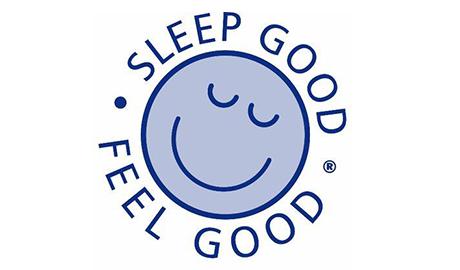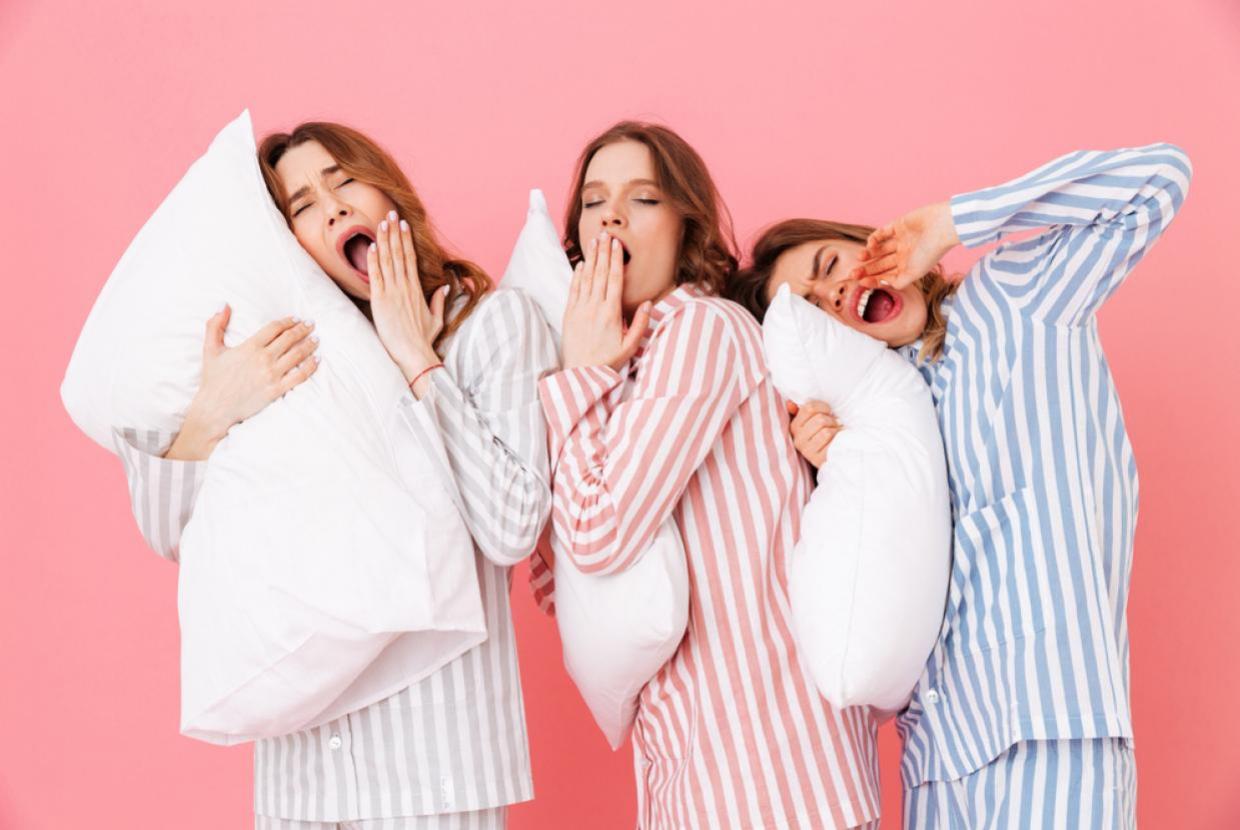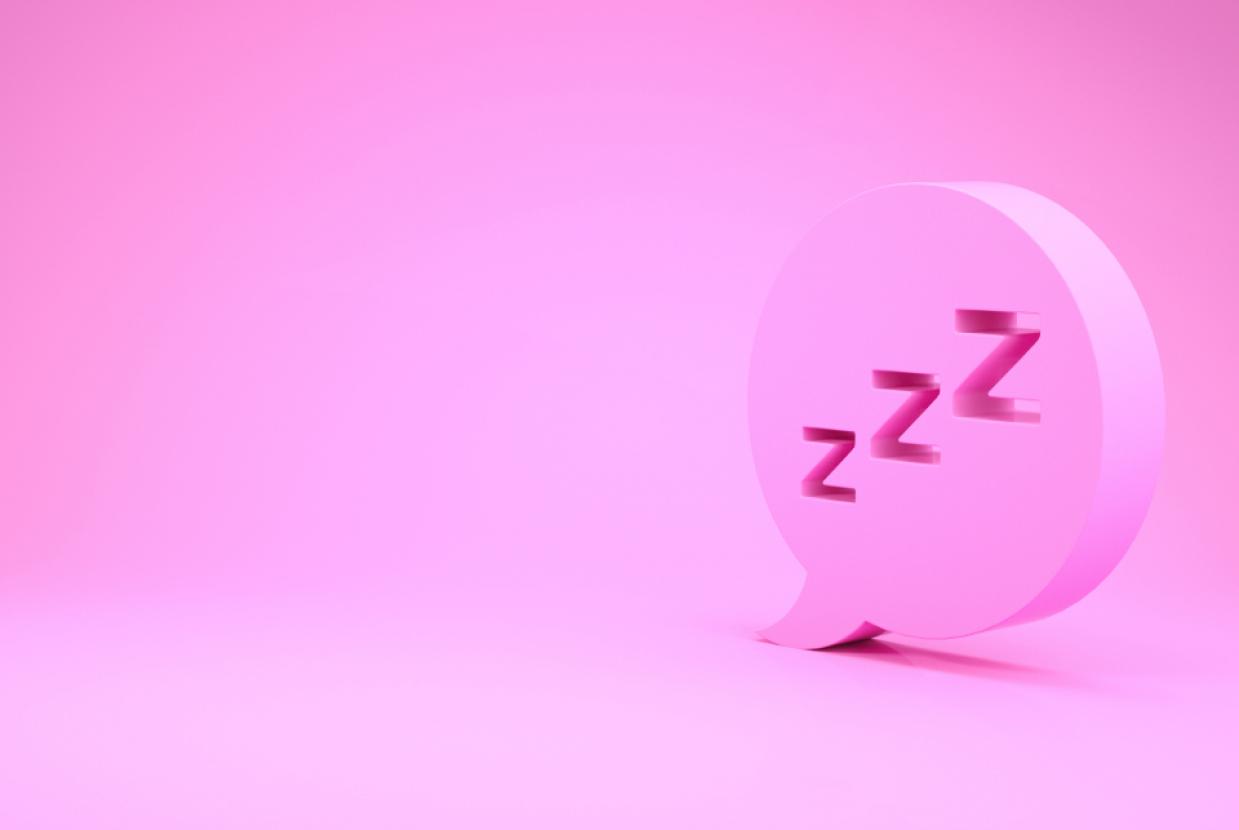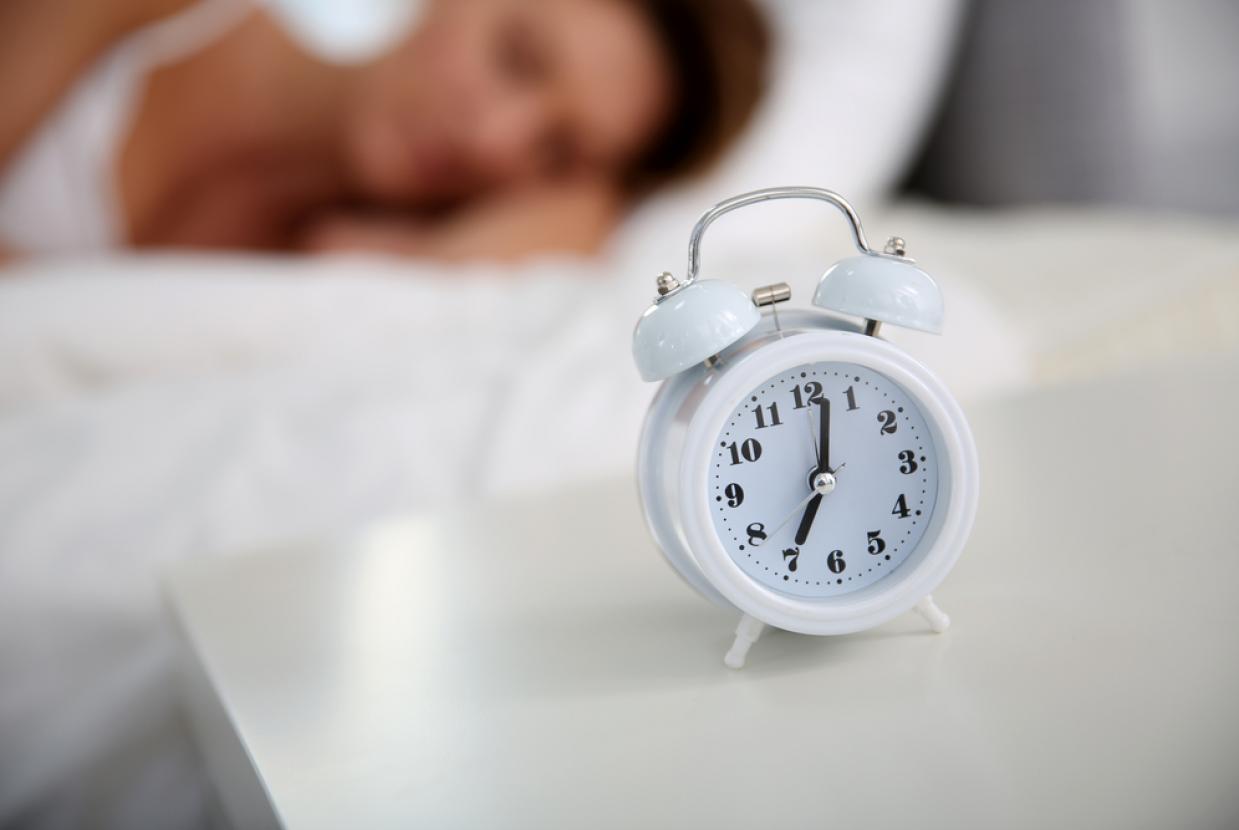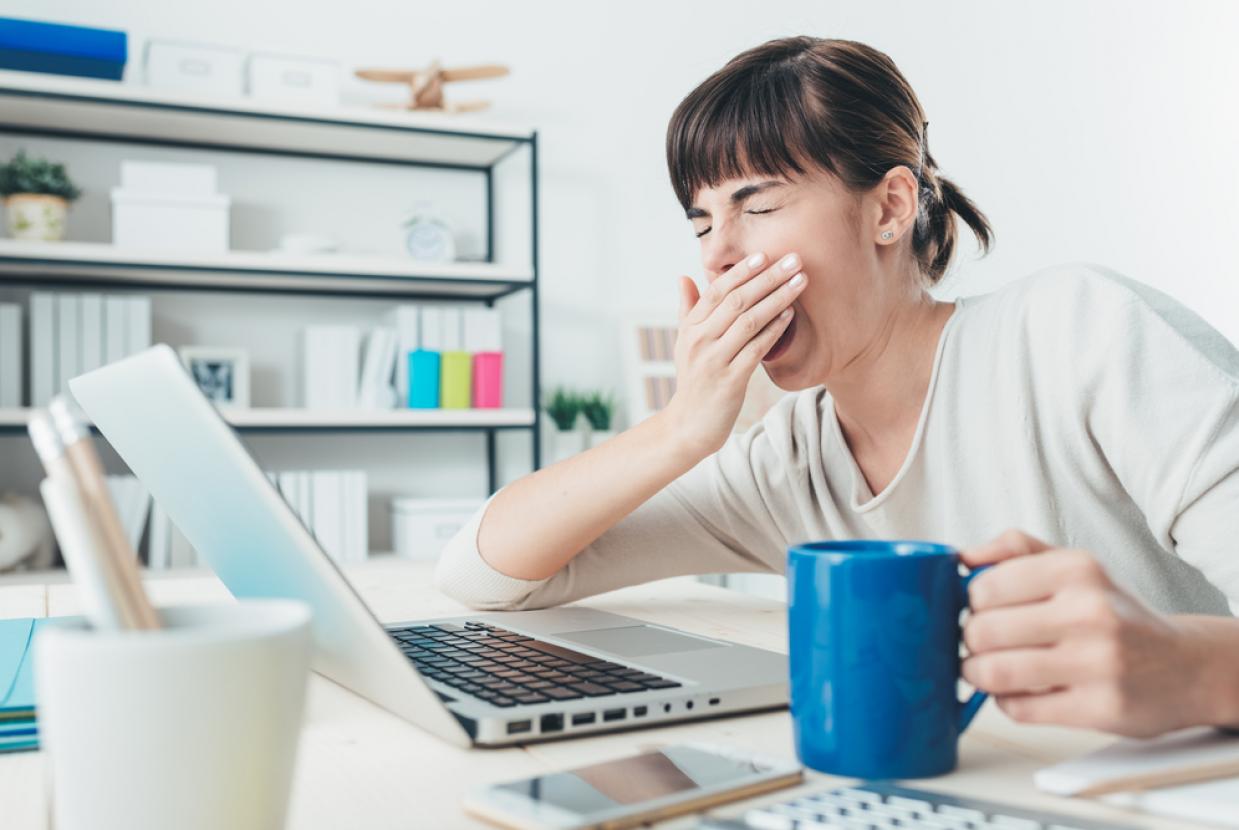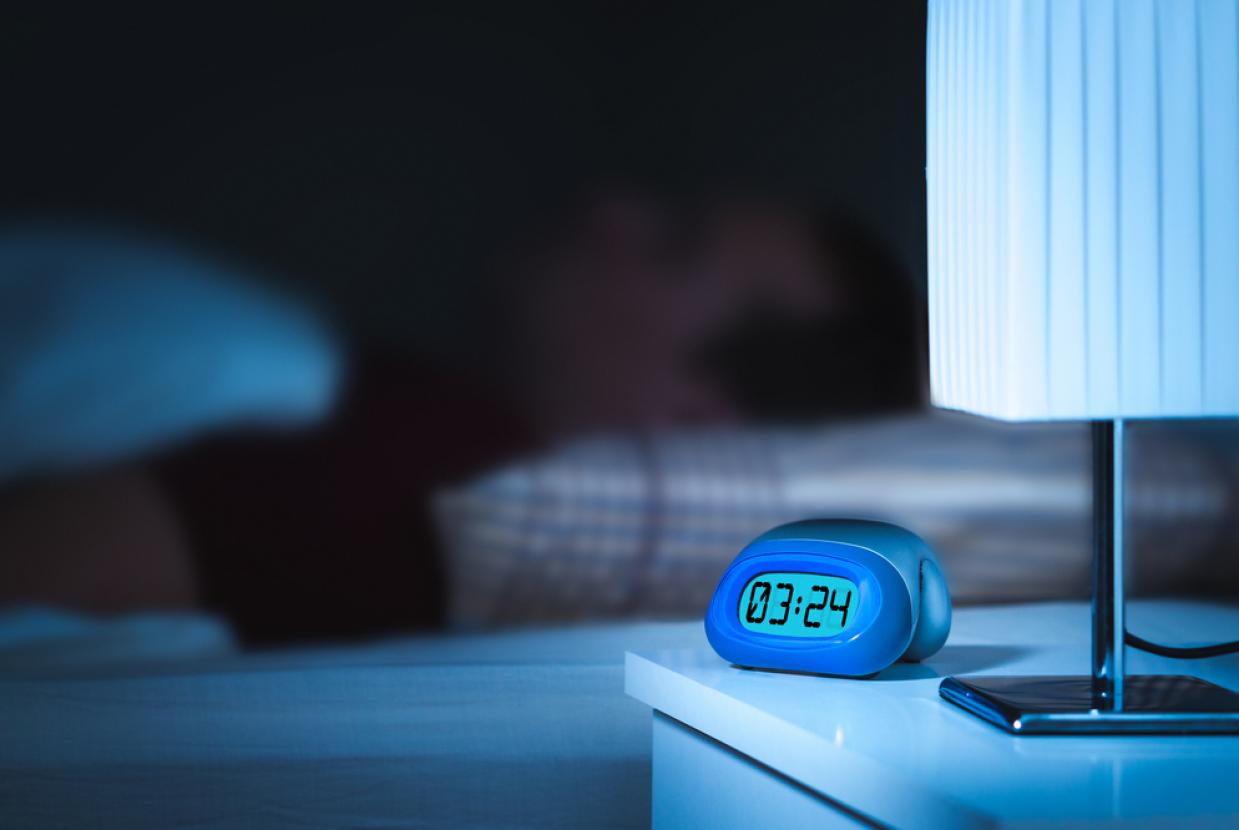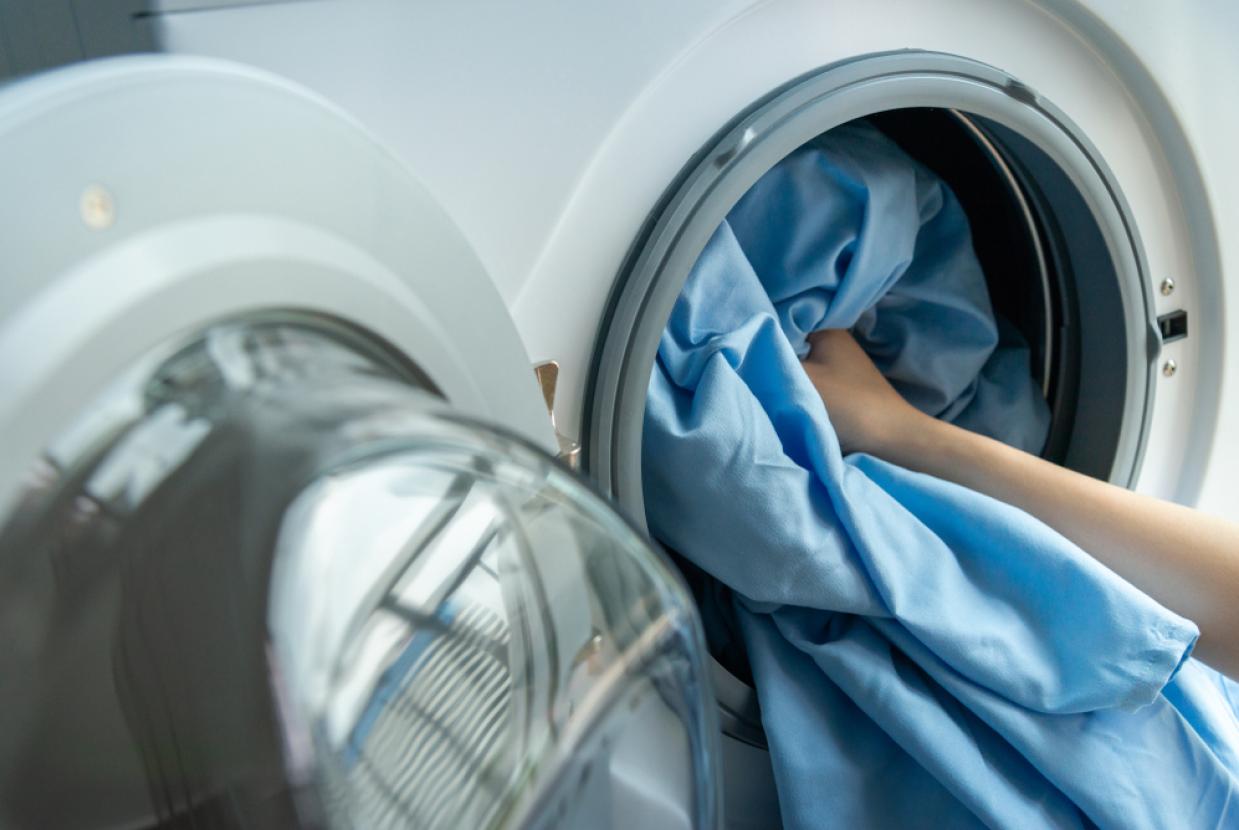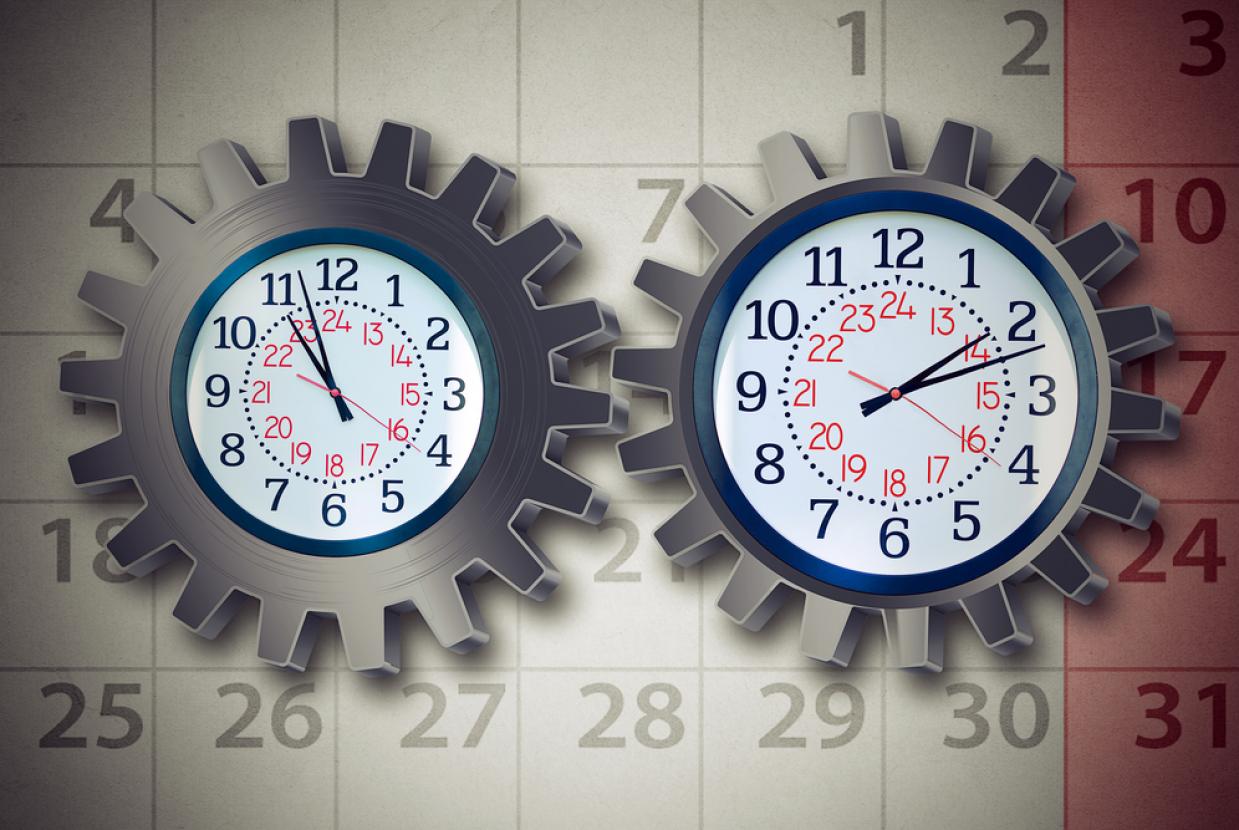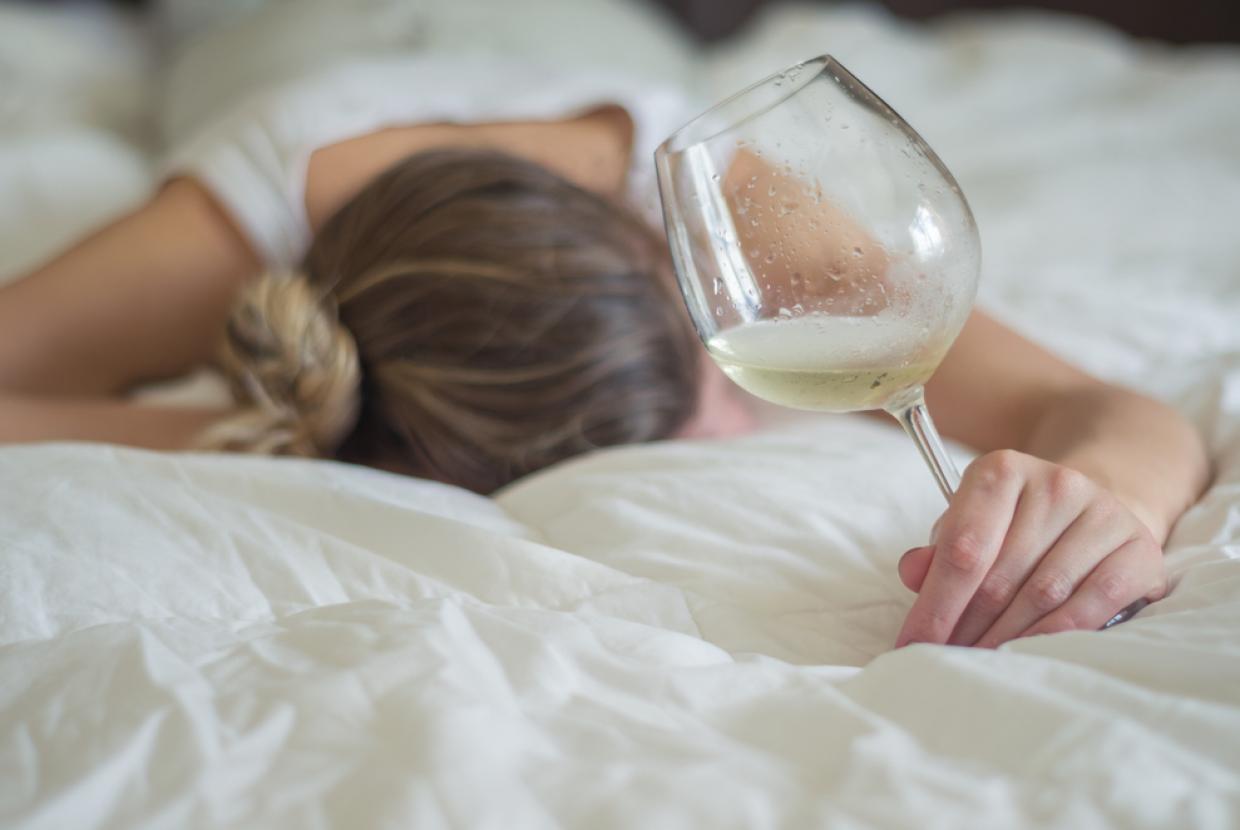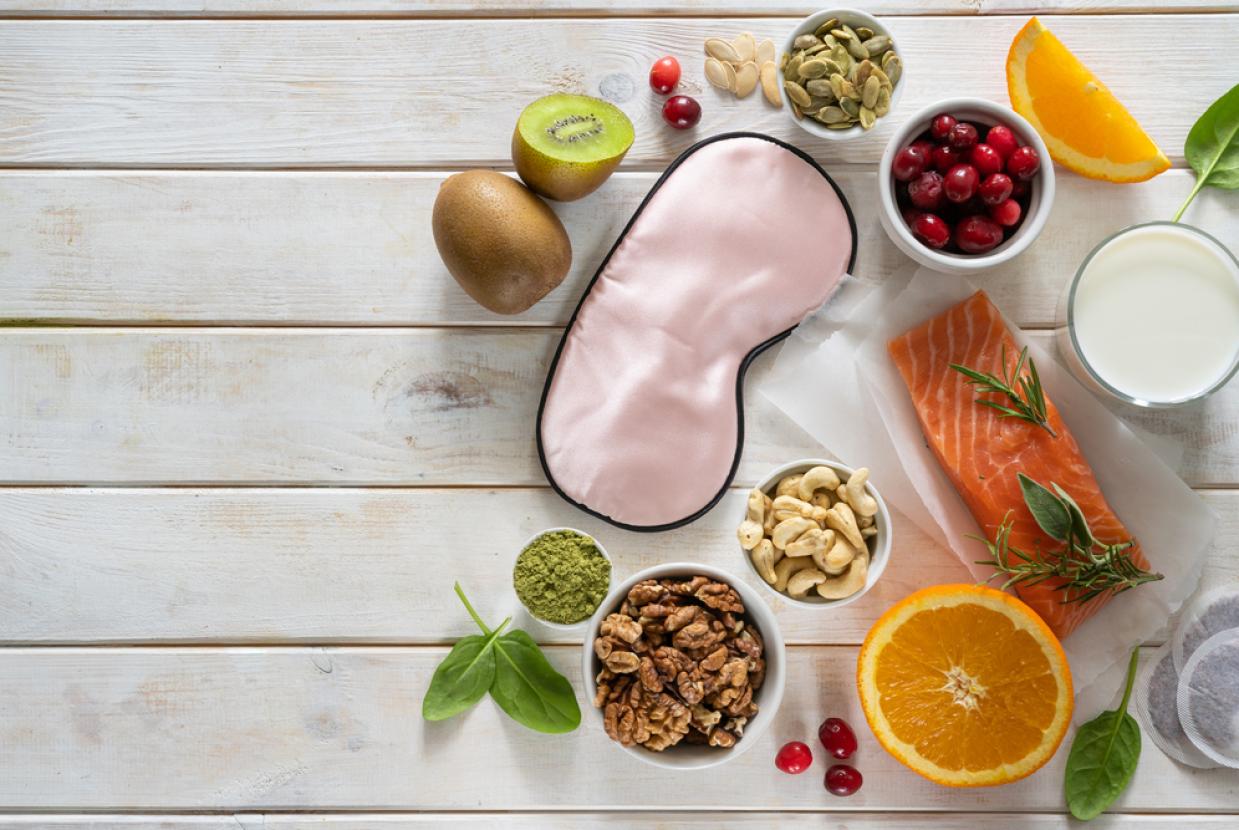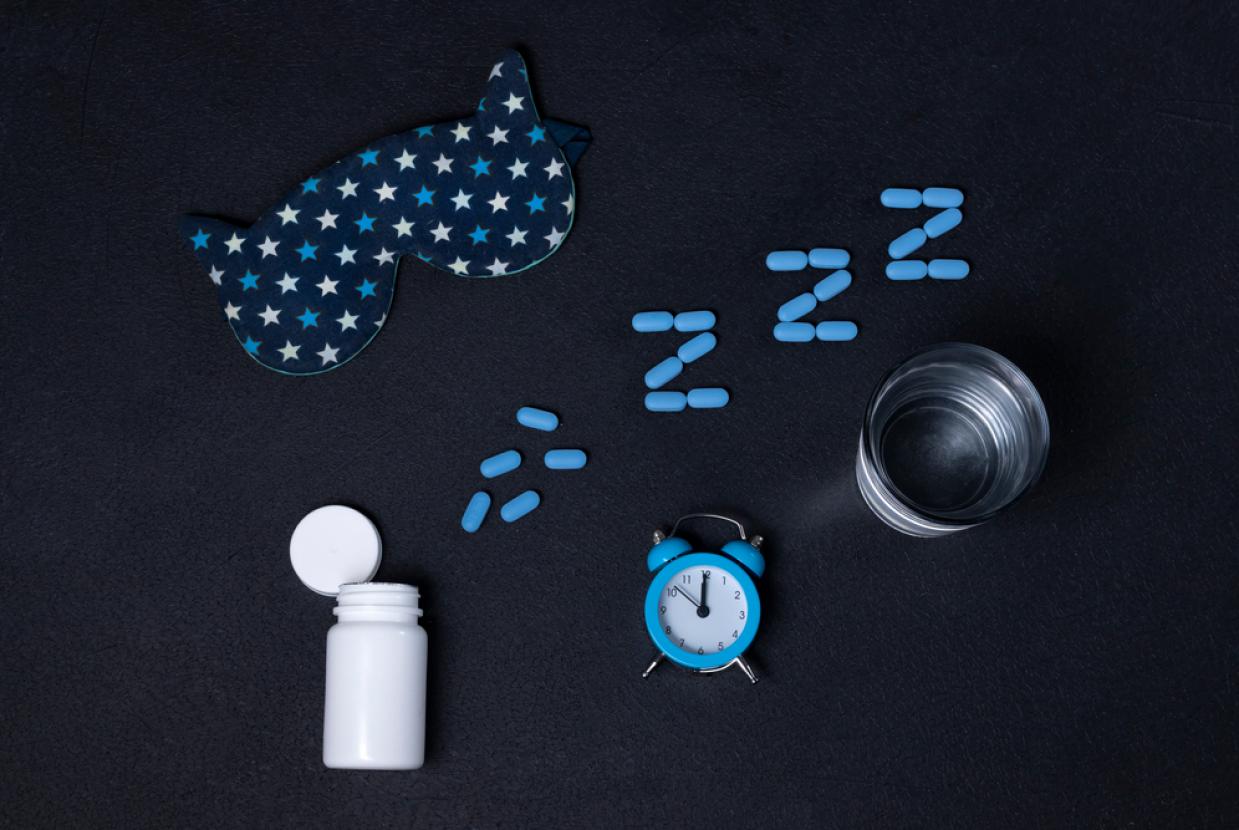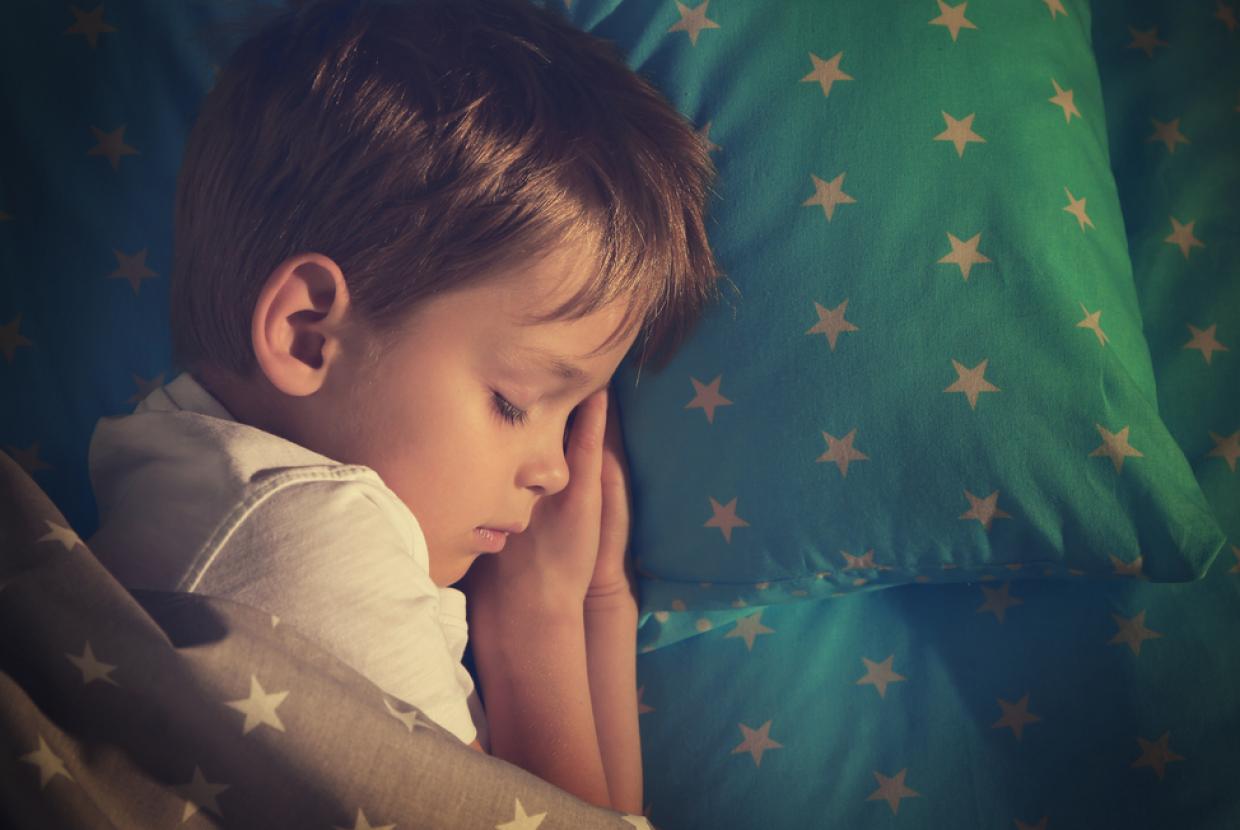Diet
The Sleep CouncilThey say you are what you eat, and when it comes to getting a restful night’s sleep, the food and drink you consume has a drastic effect.
The best foods for sleep include milk, cherries, chicken and rice, while fatty meat, curry and alcohol are some of the worst. Some people choose not to eat after 6pm, as late meals can make it difficult to sleep. However, if you are eating before bed, remember that there three main chemicals that promote good sleep: tryptophan, serotonin and melatonin.
Melatonin is a hormone that helps to regulate the body’s circadian rhythm, promoting a restful sleep. The best way to ensure optimal melatonin production is to sleep in a dark environment. Even low amounts of light can suppress the production of melatonin, which not only affects sleep, but has other health consequences too.
- Always combine a protein food with a low to medium glycaemic index carbohydrate, which optimises tryptophan levels.
- Don’t buy melatonin supplements online. They are only available on prescription in the UK. Taking prescribed melatonin will disrupt your own natural melatonin production, potentially suppressing your ability to generate this important hormone.
- Don’t stop taking sleep medication suddenly. The best course of action is to speak to a doctor and develop a strategy to slowly wean yourself off in a healthy manner.
- Avoid stimulants like caffeine and cigarettes.
- Avoid sedatives, such as sleeping pills and alcohol, to help you sleep. They have short term benefits and long term counter effects, such as dependency.
- Changing your diet can help you sleep, but it takes time. Start a sleep diary to keep track of your progress, and don’t give up if you see no sudden improvement – sleeping soundly takes practice!


